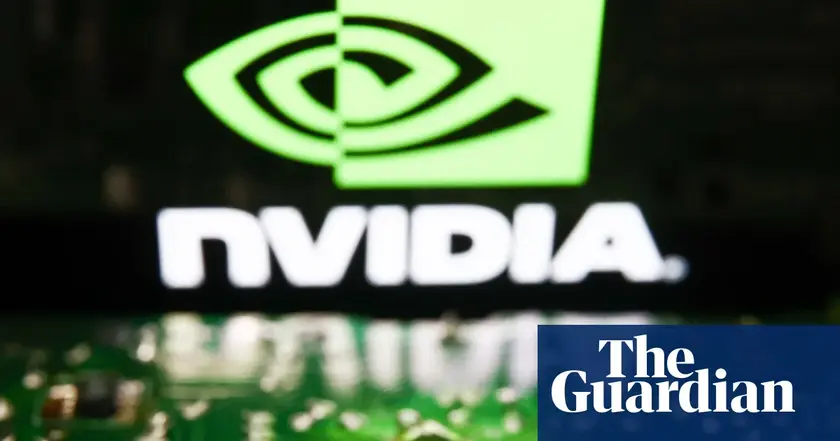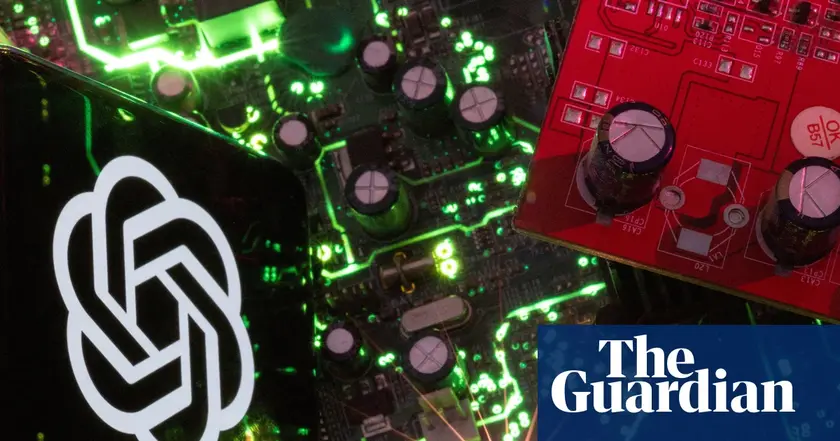T4K3.news
OpenAI maps a broader future after GPT-5
OpenAI outlines plans for consumer apps hardware and new markets as GPT-5 faces mixed reception

OpenAI executives outline plans beyond GPT-5 at a San Francisco dinner signaling a shift toward apps hardware and new markets
OpenAI plans a broader future after GPT-5
OpenAI hosted a dinner for reporters in San Francisco to discuss life beyond GPT-5. The event touched on hardware ambitions linked to designer Jony Ive and hinted at a future device, while OpenAI kept its tone measured as it acknowledged mixed reactions to GPT-5. The company said it would roll out updates to make GPT-5 warmer without losing its direct style. At the same time OpenAI highlighted strong demand, noting API traffic doubled after GPT-5’s launch and stressing it is effectively out of GPUs due to high usage. Details from the evening also showed the return of GPT-4o and the model picker to address user concerns about GPT-5’s tone and routing.
Beyond the model itself, OpenAI signaled a broader strategy. Fidji Simo will oversee several consumer apps outside of ChatGPT and may run an AI powered browser aimed at competing with Chrome. Altman also floated the idea that OpenAI could buy Chrome if the opportunity arose. The company is exploring an AI driven social experience and even backing a brain computer interface startup, Merge Labs, as a potential investment. The overarching message: OpenAI wants to be a platform maker across devices and services, not just a single product, and it hints at pursuing a public listing to fund this growth.
Key Takeaways
"If Chrome is really going to sell, we should take a look at it"
Altman comments on considering a Chrome purchase
"There’s nothing inspiring to me about the way AI is used on social media today"
Altman on social media use
"GPT-5 was just very to the point I like that"
Turley on GPT-5 tone
"We have not done that deal yet I would like us to"
Merge Labs investment discussion
OpenAI is trying to turn GPT into a broader platform rather than a one off. The dinner underscores a strategy shift from chasing a blockbuster launch to building an ecosystem that spans apps, hardware and data infrastructure. That diversification can reduce risk but it also multiplies bets and potential regulatory exposure. The mix of ambitious topics with cautious language shows a company weighing bold bets against the realities of user safety and market scrutiny. The move to engage media and public discussion as a way to shape perception is a calculated risk in a field where trust matters as much as speed.
If OpenAI wants Alphabet scale it will need steady capital, clear governance, and patient regulators. The idea of a browser, a social app, and a brain chip business raises complex questions about privacy, safety and competition. A possible IPO could unlock funds but would invite tighter scrutiny of how OpenAI handles data and incentives. The night makes one thing clear: OpenAI aims to redefine itself as a broad technology platform rather than a single famous model.
Highlights
- OpenAI is building a bigger stage for AI
- A browser a chip and a new future in the same room
- The plan is bigger than a single model
- The road ahead asks for patient capital and public trust
budget and regulatory risk linked to OpenAI expansion
OpenAI is expanding beyond a single product into apps, hardware, and potential investments which raises questions about funding, governance, and public reaction. This broader strategy could invite regulatory scrutiny and investor pressure as the company grows.
The coming year will test whether OpenAI can convert hype around a single model into durable platform momentum
Enjoyed this? Let your friends know!
Related News

Tariff era reshapes chip deals and AI plans

AI hype cools as investors reassess the bubble

GPT-5 update prompts warmer AI personalities

AGI race deepens

OpenAI Chief Sees ChatGPT Outpacing Humans

AI hype spotlights risk to investors

GPT-5 rolls out across Microsoft platforms

OpenAI brings back GPT-4o after backlash
